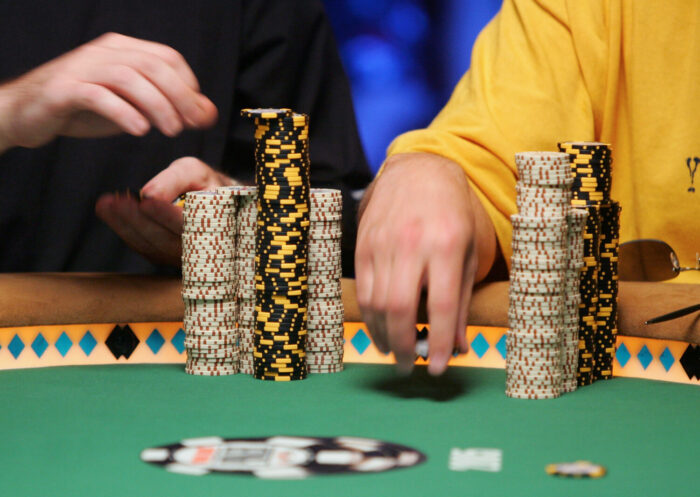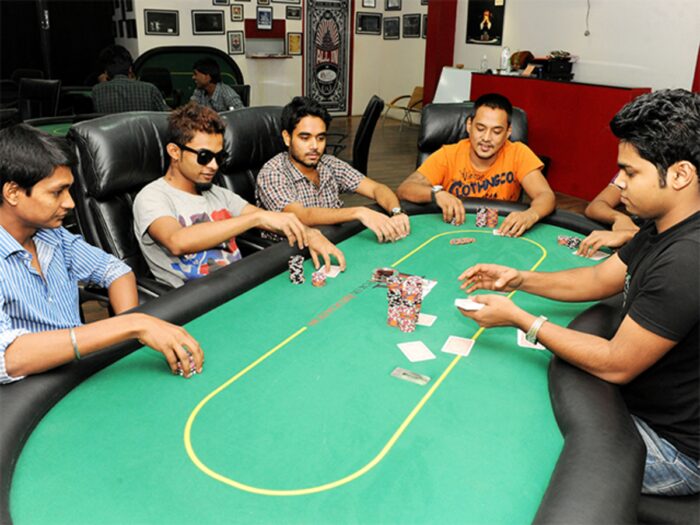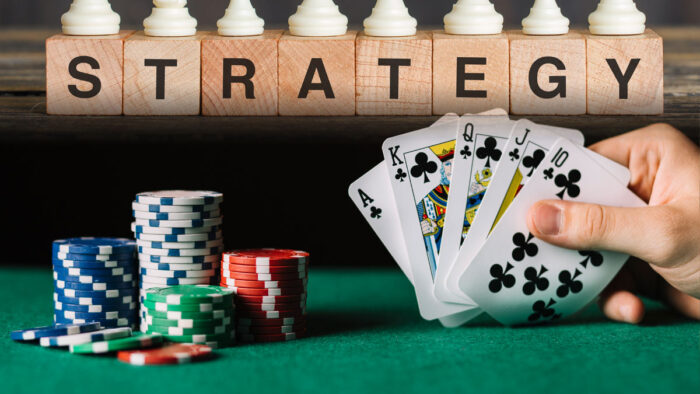Are you feeling lucky? Poker is a card game that has had many people questioning whether it should be considered a game or a sport. It has been around for centuries, and it’s one of the most beloved activities in the world. In this blog, we’ll explore the debate of whether poker is a game or a sport and why either label fits this exciting pastime.
Poker as a Game
Poker is commonly classified as a game rather than a sport due to the lack of physical activity required. Besides the mental acuity, skill and luck involved in the game, poker does not involve competition with other players. With numerous online casinos such as Mansion88, players can access different versions of the game like Texas Hold’em, Omaha and more, at their convenience. Unlike sports, players in it do not actively compete against one another; instead, they must make strategic decisions that include judgment and risk analysis to determine their potential winnings.
Additionally, despite its high emotion-fueled intensity and numerous tournaments available for organized play, poker is often disregarded as “just a game”, its many nuances often overlooked by those unfamiliar with its depth. With rules varying by region or state and multiple versions such as Texas Hold’em, Omaha and more available to play, poker can be complex yet highly rewarding when correctly mastered. The objective of any given version of the game is ultimately to produce either the best 5-card hand that can be made from available cards dealt while bluffing or risk-taking skillfully to maximize one’s chances of winning based on card probabilities.
Poker as a Sport

Source: sportscasting.com
Since the World Series of Poker (WSOP) began in 1970, it has grown from a casual card game among amateur players to a legitimate sport that is recognized around the world. Professional tournaments have become increasingly popular and mainstream media outlets have picked up on this phenomenon. While this recognition has helped the game expand its reach, questions still remain. Is it really a sport?
To understand why some think it is, one must look at the Olympics and other organized sporting events. The International Olympic Committee (IOC) includes several mind sports as medals events including Chess and Bridge; thus, demonstrating that recreational activities can be viewed as sports. Likewise, the World Poker Tour is another example of an established organization with members competing at international tournaments for world titles and prizes – just like any other competitive sport or physical activity.
Like all sports, playing it requires skills, desire and intelligence – qualities essential for success in any competitive environment or arena. It may not involve physical exertion but requires thinking and strategy in order to remain competitive over long periods of time; two attributes needed to succeed in many forms of sport.
Ultimately, organizers will decide whether or not poker is ever included as a medal event at future Olympic Games; however given its international fan base and growing popularity among professional players, it would be reasonable to assume that efforts to include it continue into the future years.
The Skill Element of Poker

Source: m.economictimes.com
It has a long history and has been enjoyed around the world for centuries. The rules of the game are relatively straightforward: players start with equal amounts of money and use it to bet on the likelihood that their hand will beat their opponents’ hands. While luck plays a part in winning, a key element is skill.
The skill elements of poker include analyzing others’ moves, understanding and adapting strategies to gaming situations, controlling your own emotions, minimizing losses when needed, improving decision-making skills such as reading others’ hands correctly, and making bets that favor the odds that you have made correctly. Additionally, managing your bankroll, sizing daily stakes correctly, multi-tabling competently, timing entry in tournaments properly for maximum returns and studying other player styles are all important skill elements which can help in poker success.
To be successful at it you must be able to think strategically as well as emotionally control yourself both during wins and losses – something which some might not associate with traditional sports such as football or tennis. This combination of logical and psychological skills makes poker both an exciting game of chance but also one requiring considerable thought – creating an effective balance between luck and player skill. Therefore it could be argued that this balance makes poker more than just a game – it can also be considered as a true sport too!
The Strategic Element of Poker

Source: bestuscasinos.org
Poker is a game of strategy that involves deciding which cards to keep and when to fold during a game or hand. The goal is to use strategy and bluffing tactics in order to outmaneuver, outwit, and ultimately beat your opponents.
It is an interesting mix of skill and luck. All players have the same chance at the start of a hand, but skilled players have an advantage in that they can analyze their opponents, identify when they bluffed or played weakly in the previous round, and can also use their experience to anticipate how opponents may play certain hands if they draw particular cards.
In it there are decisions to be made by every hand that are influenced by probabilities – no player ever knows what cards his opponent holds so they must estimate their chances according to the situation and betting patterns. Strategic thinking is essential at all levels of poker as it helps you make decisions based on a probability of outcomes and not solely based on guesswork or gut feeling. Because even a good player can get luckier than usual from time to time, playing strategically also allows one smooth out variance by making small folds when his/her chance for winning has become too slim.
The strategic elements within the game create an atmosphere where skilled players can succeed over less experienced ones over time; these skills are improved through serious practice sessions with various poker variations and building an understanding of basic human psychology while card playing.
Conclusion
There is no definitive answer to this question as it is up for debate. Some people who consider poker a game would say that the objective of the game is pure entertainment and should not be considered a sport, while others may classify it as both a sport and an intellectual activity. Ultimately, whether you call poker a sport or an act of entertainment depends on your personal definition and what primary reasons you have for playing the game.
